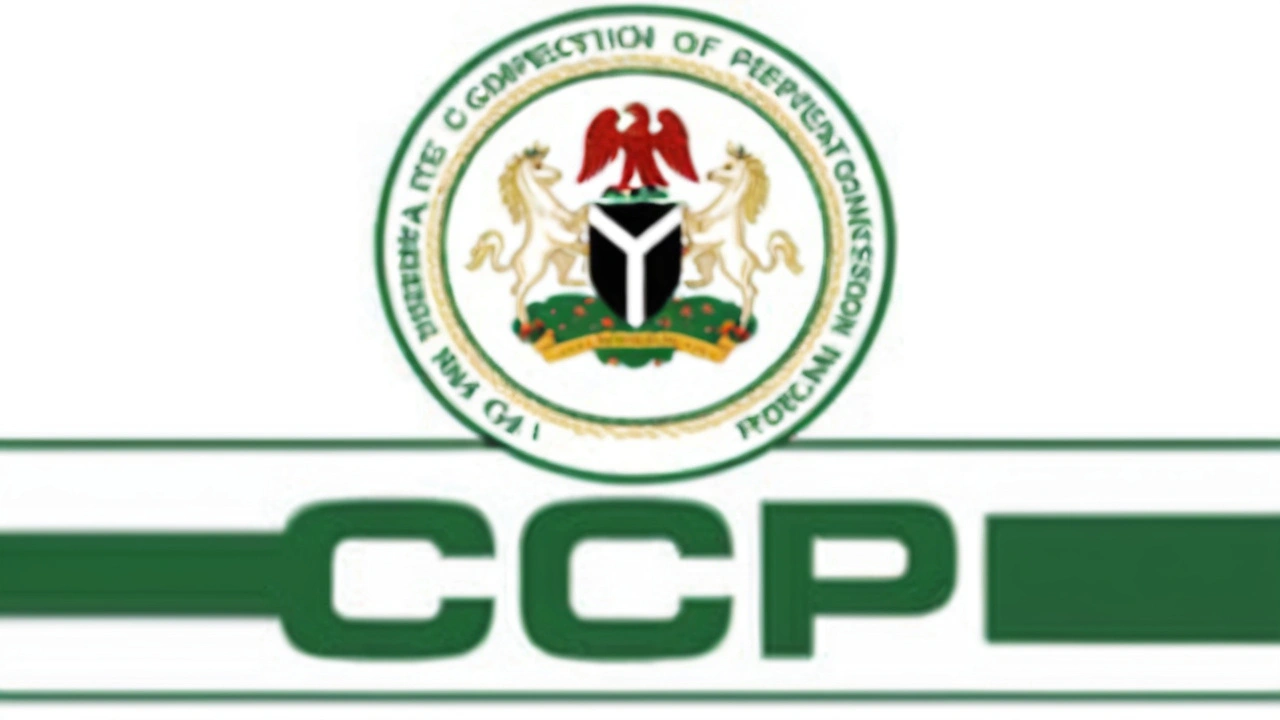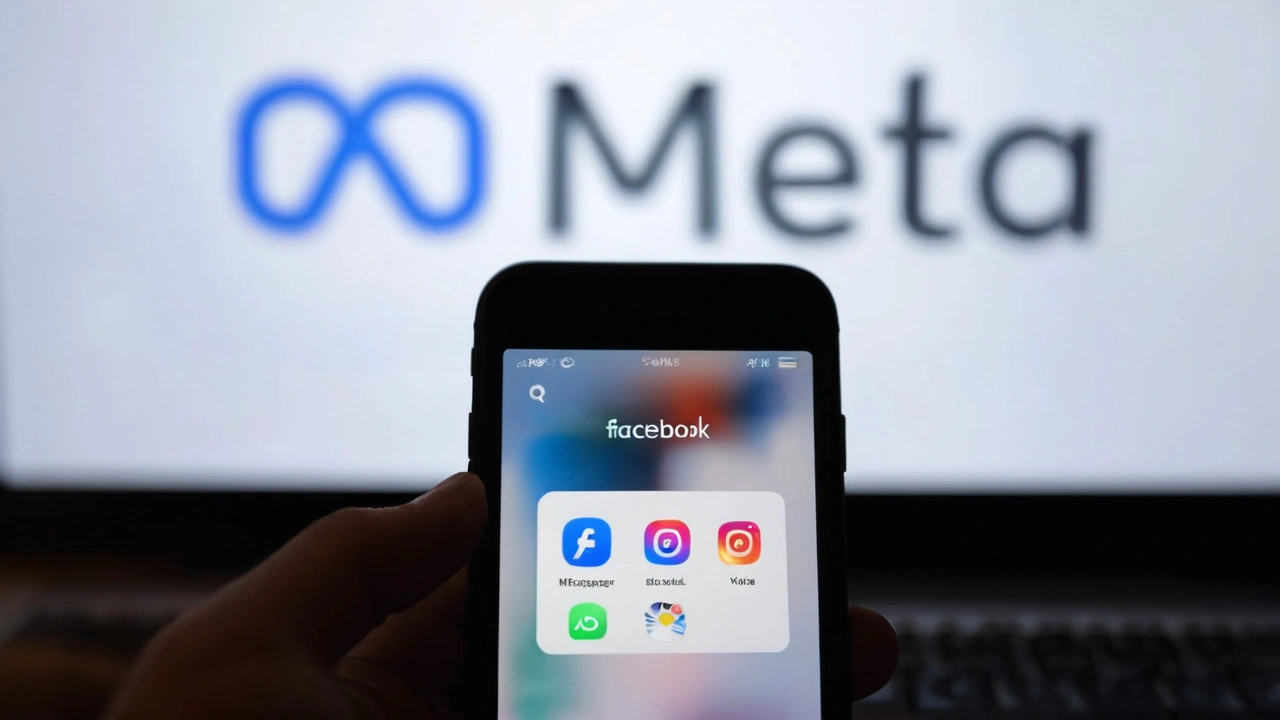WhatsApp's $220 Million Fine: The Background
The Federal Competition and Consumer Protection Commission (FCCPC) of Nigeria has imposed a hefty $220 million fine on Meta, the parent company of WhatsApp, Facebook, and Instagram. This action, according to the FCCPC, addresses numerous data privacy violations that have significantly impacted Nigerian users. These violations include unauthorized data sharing, denial of control over personal data, and enforcing unfair privacy policies that discriminate against Nigerian users.
The news has sparked a substantial reaction, with WhatsApp threatening to exit the Nigerian market entirely. The messaging giant claims that complying with these demands would make it impossible to offer its services either in Nigeria or globally. This is largely because Meta’s existing infrastructure is crucial for the seamless operation of WhatsApp. The FCCPC, however, views this exit threat as a strategic move designed to sway public opinion and force a reconsideration of the fine.
The FCCPC's Stand
The FCCPC has remained resolute in its position, emphasizing that their decision stems from legitimate consumer protection concerns. The commission insists that Meta, and by extension WhatsApp, must comply with Nigerian laws designed to protect user data and ensure fair market practices. They argue that their actions are not unique and are consistent with measures taken by regulatory bodies in other parts of the world, which did not result in companies exiting those markets.
The commission's final order mandates Meta to halt any exploitative practices, adhere to Nigerian data privacy standards, and respect the rights of consumers. The FCCPC claims these steps are vital to creating a fair digital marketplace in Nigeria, one where the rights and data of consumers are adequately protected.

Data Privacy Concerns
At the heart of the FCCPC’s actions are serious concerns about how Nigerian users' data is handled. The commission accuses Meta of transferring and sharing user information without authorization, effectively stripping users of control over their personal data. This allegation is particularly severe given the growing global concern about data privacy and the misuse of personal information by large tech companies.
Users have increasingly become aware of the importance of data privacy and the need for stringent regulations to safeguard personal information. The FCCPC’s stance reflects a broader trend among regulatory bodies worldwide to hold tech giants accountable and ensure they operate transparently and ethically.
The Global Perspective
The FCCPC points to similar actions taken in other jurisdictions as evidence that their measures are neither extreme nor unprecedented. For instance, the European Union has implemented the General Data Protection Regulation (GDPR), a robust framework designed to protect data privacy. Companies like Meta have had to adapt to these stringent requirements without exiting the European market.
This global context is essential in understanding the FCCPC's actions. By demanding that Meta adhere to Nigerian standards, the commission aligns itself with a global movement towards greater accountability and consumer protection in the digital realm. The implication is clear: tech companies must respect the data privacy laws of the countries in which they operate.

WhatsApp's Response and Legal Challenge
WhatsApp has not taken the FCCPC's decision lightly. The company is urgently appealing the fine, arguing that meeting the commission's demands would compromise its ability to provide services not just in Nigeria, but globally. WhatsApp contends that its operations rely heavily on Meta's infrastructure, which is designed to ensure efficiency and security across its platforms.
This legal battle will likely draw significant attention, as it pits a national regulatory body against a global tech behemoth. The outcome could set a precedent for how such disputes are handled in the future, potentially shaping the landscape of data privacy and consumer protection worldwide.
Implications for Nigerian Consumers
For Nigerian consumers, the resolution of this dispute holds significant implications. On one hand, the FCCPC’s actions aim to protect users' data and ensure that companies operate fairly within the market. If successful, it could lead to a more secure digital environment where consumers have greater control over their information.
On the other hand, WhatsApp's threat to exit the market raises concerns about access to one of the most widely used messaging platforms in Nigeria. Many Nigerians rely on WhatsApp for communication, both personally and professionally. The potential departure of WhatsApp could disrupt these communication channels, highlighting the importance of finding a resolution that balances regulatory compliance with service continuity.

Conclusion
The standoff between the FCCPC and WhatsApp underscores the growing tension between regulatory bodies and tech giants over data privacy and consumer protection. As the world becomes increasingly digital, the need for transparent and fair practices in handling user data becomes paramount. The outcome of this dispute will not only impact Nigerian consumers but could also influence global standards for data privacy and the responsibilities of tech companies.
While the $220 million fine is a significant penalty, its purpose goes beyond financial punishment. It serves as a message to Meta and other tech companies that consumer rights and data privacy are non-negotiable. Moving forward, this case will be closely watched as it unfolds, with potential ramifications for how data privacy laws are enforced around the world.


Chris Ward
Looks like they're tryin to scare us with that $220 mil fine but honestly they could just tweak their data policies instead of threatening to bolt.